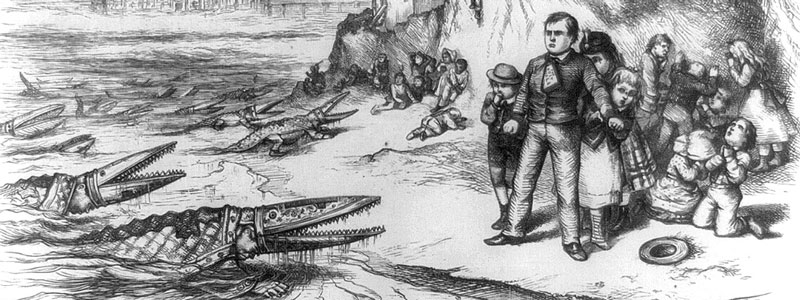The Supreme Court Rules Against Religious Discrimination, Opens Opportunity
The U.S. Supreme Court’s ruling on Espinoza v. Montana Department of Revenue was obvious:
Montana’s [tax credit scholarship school choice] program, perhaps the smallest in the country, was enacted in 2015 and served about 40 students with an average scholarship of $500. Students were allowed to enroll in any private school in the state, religious or secular. As nearly 70% of the state’s private schools are religious schools, the majority of students used their scholarships to enroll in religious schools. In fact, nine of the 10 schools listed as “formally affiliated” with the scholarship are faith-based.
But the state’s Constitution includes language that bars public funding from flowing to religious institutions, either directly or indirectly. And because of that language, known as a Blaine amendment, the Montana Supreme Court in 2018 ruled the entire tax credit scholarship program unconstitutional, rendering it inoperable.
A cartoon from the time that Blaine amendments were working their way across the country shows the explicit anti-Catholicism behind them:

“Separation of church and state” is a useful, catchy phrase, but it’s not quite an accurate reflection of the U.S. Constitution. The government cannot discriminate on the basis of religion. So, if a program funds private schools, it cannot exclude those that have a religious foundation. That might make sense under a doctrine of “separation,” but separation can easily be recast as discrimination.
The Supreme Court’s ruling is especially timely right now, as advocates, including the RI Center for Freedom & Prosperity, begin calling for the use of COVID-19 funds to help support educational freedom to help students “catch-up” or otherwise overcome the increased challenges of the pandemic and our society’s reaction to it.




